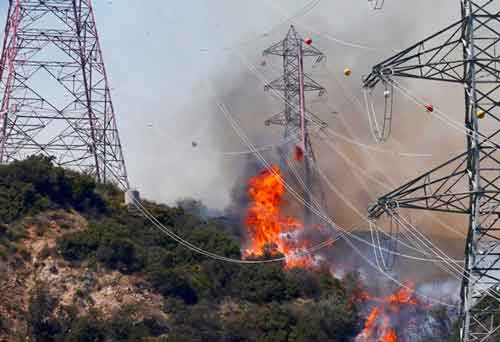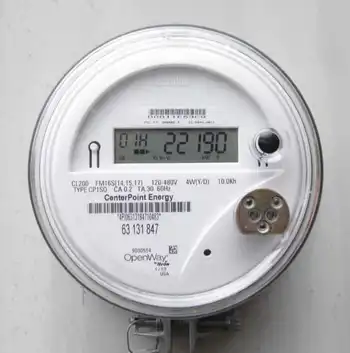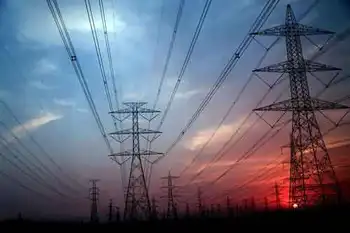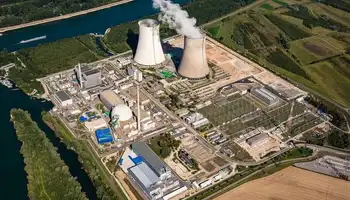PNM asks for rate hike
By Associated Press
Arc Flash Training CSA Z462 - Electrical Safety Essentials
Our customized live online or in‑person group training can be delivered to your staff at your location.

- Live Online
- 6 hours Instructor-led
- Group Training Available
Public Service Company of New Mexico, which has raised rates for some customers by 24 percent over the past three years, is asking the state Public Regulation Commission to let it boost rates by an average of 21.2 percent in two phases.
The second phase would add about $4 more to customers' bills in 2012. PNM said breaking up the rate hike would help ease its impact.
"We understand that this is absolutely not a great time to be asking for a rate increase," Pat Vincent-Collawn, president and chief executive officer of PNM, said. However, she said it was unavoidable.
PNM has spent about $500 million on maintenance, repair and improvements since 2008, and current rates do not fully recover those costs plus the cost of borrowing, Vincent-Collawn said. PNM said it will have invested a total of $575 million by 2011 to ensure its system's reliability.
Investments include pollution controls at PNM's San Juan Generating Station near Farmington, transmission lines to support Rio Rancho, a new water diversion facility in Santa Fe, and PNM's share of maintenance on the Palo Verde nuclear plant in Arizona, Vincent-Collawn said.
Investment costs account for 40 percent of the total rate request. The remainder includes cost of fuel, pension benefits and fixed costs, she said.
The utility, which serves 497,000 New Mexico customers, does not expect a decision before next spring on its $165.2 million rate increase request.
PNM, for the first time, is basing a rate request on the projected cost of service when the new rates would take effect. In the past, rates have been based on figures that are at least two years old. The utility said that has meant rates are out of date by the time they go into effect.
Without a rate increase, PNM's credit rating could be downgraded again, Vincent-Collawn said.
Standard & Poor's Ratings Service has given PNM's parent company, PNM Resources Inc., the worst credit rating among utilities, company officials have said. Ratings determine how much companies pay for money they borrow for expansion and improvements.
Vincent-Collawn compared PNM's credit rating to getting a mortgage — people with bad credit might not be able to get a mortgage, and if they did, they'd pay higher interest rates. In PNM's case, it passes the higher cost of borrowing onto its customers.
"One reason our credit rating is so bad is because of what's called regulatory lag because our costs are so old," she said.
Vincent-Collawn said PNM's rates "are still very affordable," even with increases, and that the reliability of its system helps attract business.
PNM also cited programs to help people with costs, such as rebates on compact fluorescent lights and old refrigerators, and the Good Neighbor Fund that helps low-income people pay electric bills.
Company spokeswoman Susan Sponar said PNM went 20 years without electricity rate hikes before the increases of the last three years.
Since then, average bills have risen by $11.58 a month for customers in northern New Mexico and in Deming.
About 51,000 customers in the Alamogordo, Tularosa, Ruidoso, Ruidoso Downs and Silver City areas have not had an increase since 2005, when PNM became their utility. At that time, their rates dropped 15 percent and were frozen through 2010.
Tuesday's rate request does not include a proposal before the PRC to add more renewable energy sources to meet New Mexico standards, which require 10 percent of the electricity to come from renewable sources next year, up from the current 6 percent.
PNM expects a decision on that request around August.











